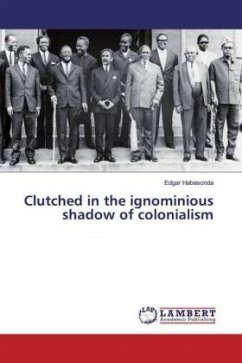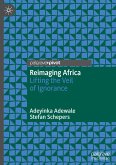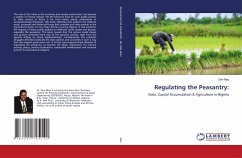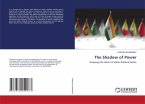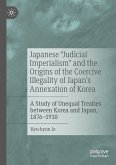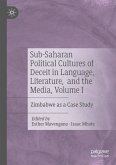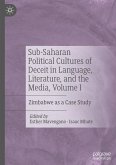The consequences of colonialism especially in Sub-Saharan Africa remain evident today because of the governance style that was used by the colonialists. The interest was not to improve the colonized states but rather exploit the resources of the colonized and influence how they think and reason so that the colonizers would perpetually benefit as well as create endless dependency. This book brings into perspective the discussion of how the colonial institutions and laws shaped the governance trajectory and are impacting on Zambia's human rights application and development today. Till now, Zambia still has laws that were framed during the colonial days. Police, Parliament and prisons are all still modeled on the colonial creations. Many years after attaining independence, the country is still grappling with colonial practices. What could be the reason for the leaders not changing these colonial institutions and laws. Who exactly is benefiting from these institutions and laws that were established on the basis of oppressing and brutalizing African people? Zambia needs to overcome the conundrum resulting from different colonial activities.
Bitte wählen Sie Ihr Anliegen aus.
Rechnungen
Retourenschein anfordern
Bestellstatus
Storno

